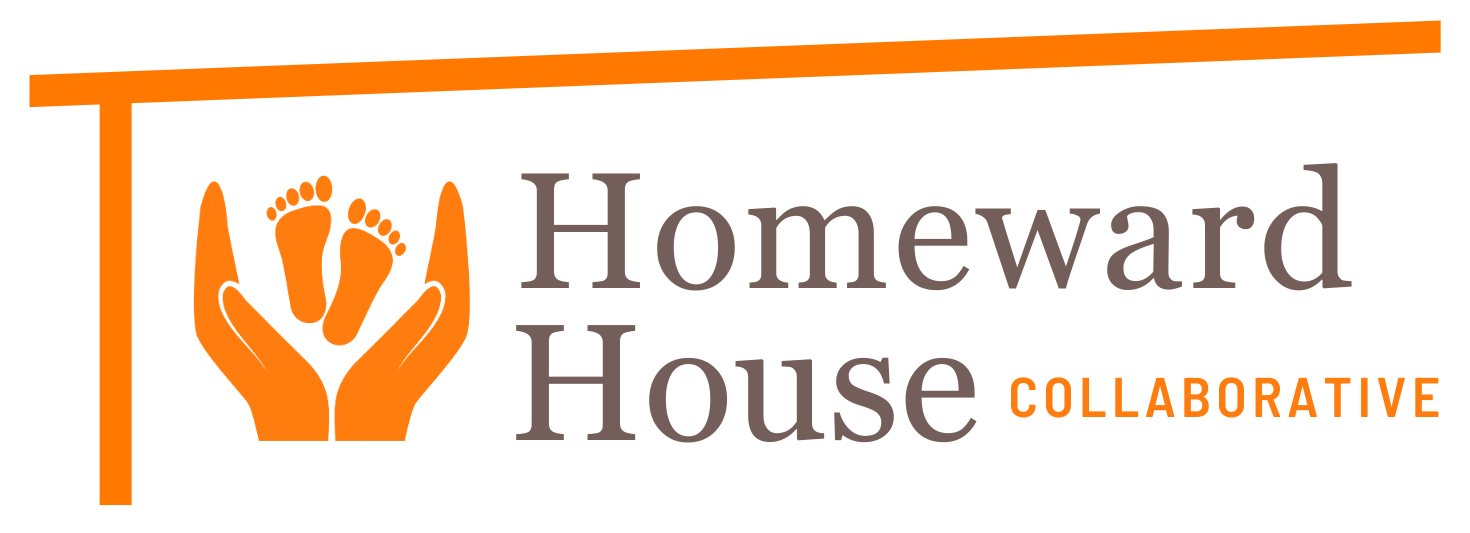Strong Foundations: The Preventative Power of Infant Mental Health Services

A preventive approach
Infant mental health may seem like a strange concept. Most people are more familiar with services to address existing issues with older age groups, such as through couples counseling.
Instead, infant mental health services take a preventative approach. The aim is to help parents read the cues, understand their child’s emotional needs, and respond with sensitivity. By addressing the unique needs of infants and their caregivers, we can help families prevent future issues by building a solid foundation for a child’s lifelong mental health and well-being.
The services are essential for families facing poverty and substance use disorder challenges. The expert support and programs are grounded in a deep understanding of the critical importance of emotional well-being, attachment, and early experiences that shape a child’s long-term development.
What is infant mental health?
Infant mental health is focused on brain development during the most critical time for building trust and healthy social connections. It includes forming vital bonds with caregivers, learning to express emotions, and communicating with others.
A child cannot learn to regulate their feelings without a caring adult. Therefore, infant mental health supports are focused on the child and the caregiver together.

Building on family strengths
Infant mental health services are a crucial part of the wraparound support that helps break the multigenerational chain of substance use disorders for families working with Homeward House Collaborative. The education and tools provided are flexible and individualized, tailored to address specific concerns, challenges, and strengths within each family’s unique cultural, social, and economic background.
All types of family structures are honored. Nondominant ways of knowing, sources of strength, and routes to healing that are alive within all families and communities are valued.
We take a strengths-based approach. For example, by showing parents what they’re already doing right rather than telling them what they’re doing wrong, they gain confidence in their own abilities, and they become curious and open to learning.
Infant mental health services
Led by ChildStrive and Infant Mental Health Specialist Jillian Douglas, PMPNP-BC, a board-certified psychiatric-mental health nurse practitioner, Homeward House Collaborative recognizes the complexity of interactions involving parents, babies, their relationships, family systems, and culture.
The staff and partners are certified in several programs. Services are customized for each family’s unique strengths, challenges, and situations and may include the following:
- Therapy with parents and infants: Dyadic therapy, or treatment from the infant mental health specialist with parent and infant together, helps a parent and a young child come into sync and improve their relationship.
- Work with family systems: Support for many families extends to biological parents, grandparents, and other caregivers.
- Individual counseling: The infant mental health caregivers provide a safe space for parents and caregivers to explore their feelings, concerns, and challenges related to parenting and their relationship with their infant.
- Assessments: Comprehensive assessments help us understand the infant’s social-emotional well-being, attachment patterns, and developmental needs. They may involve observing interactions between the infant and their caregivers, gathering information about the child’s history, and using validated assessment tools.
- Early intervention: Research consistently shows early experiences significantly shape a child’s brain development and future outcomes. By providing early intervention and support, we can maximize a child’s potential and minimize the impact of any difficulties they may encounter.
- Circle of Security Parenting: This is a relationship and early intervention program for caregivers to enhance secure attachments and relationship attachments.

- Promoting First Relationships: This evidence-based program, part of the University of Washington’s Parent-Child Relationship Programs at the Barnard Center, promotes children’s social-emotional development through responsive, nurturing caregiver-child relationships.

“Children grow and thrive in the context of close and dependable relationships that provide love and nurturance, security, responsive interaction, and encouragement for exploration.”
Homeward House is here for you if you are a parent with an infant up to age 1 and you are overcoming poverty and other challenges related to substance use disorders. Reach out to us!
